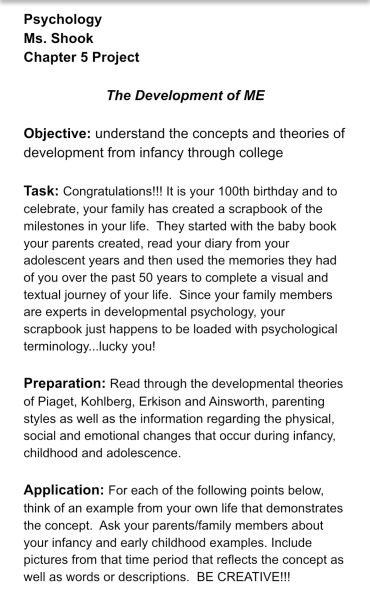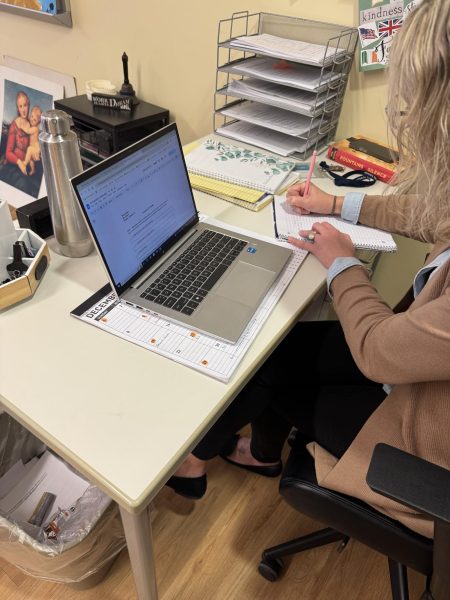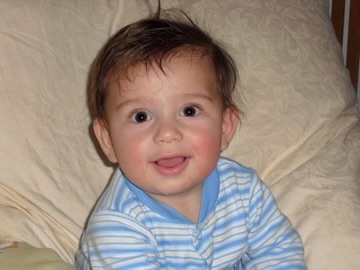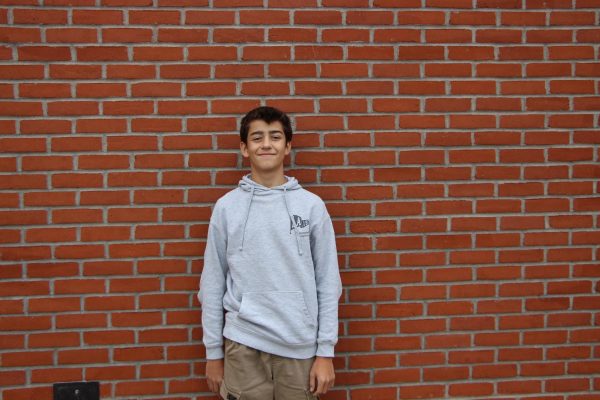For centuries, philosophers and scientists have debated whether morality is innate or learned. Developmental psychology from Yale and neuroscience research sheds light on this age-old question, suggesting that even infants may possess a sense of right and wrong. While their moral understanding is far from the reasoning of adults, students in Ms. Shook’s Psychology class at the Morgan School, as part of their Morality unit, are learning about studies that indicate that babies may have an innate moral compass influenced by biology and the environment.
At The Morgan School, Ms. Shook’s psychology course explores whether babies are born with a sense of right and wrong. She uses an engaging mix of discussions, experiments, and real-world applications. Students examine groundbreaking studies like Dr. Paul Bloom’s puppet experiments, which help explain if babies know right or wrong. Ms. Shook encourages students to debate the biological versus environmental

influences on morality (nature vs. nurture) and to connect these ideas to developmental psychologists such as Kohlberg and Erikson. Psychology student Isabella Johnson stated, “Morality is partly both. The experiments seem to show that some beginning understandings of morality are inherent in the person, but, as they grow, it is more greatly controlled by their environment and the people they are around.”
One of the most compelling studies comes from Dr. Paul Bloom, a psychologist at Yale University, who conducted experiments with infants as young as six months. In a series of puppet shows, babies watched scenarios where one character helped another and a second character hindered the opening of a box. When given the choice to interact with the puppets afterward, the babies overwhelmingly preferred the “helper” puppet over the “hinderer.” This suggests that even at such a young age, infants have a preference for prosocial behavior, indicating an early sense of morality.
From a student’s perspective, Ms. Shook’s psychology class at The Morgan School offers an eye-opening look into how morality develops, starting from infancy. Activities such as their upcoming “picture book” project encourage students to have fun while learning about cognitive development with babies. The picture book project uses developmental stages and applies them to yourself. Ms. Shook states,

“I believe that the best way to learn about human development is to connect it to our own lives. For part of the lesson on morality, students respond to open questions that would generate discussion with the class and deepen their thinking, such as “Is morality about actions or character.”
One major criticism of the idea that babies do have morale is that while people may claim they would act in certain ways in hypothetical scenarios, their behavior in real-life situations may be different due to fear, pressure, or personal stakes. Cultural bias is another concern, as many studies focus on Western societies and may not account for the moral frameworks of collectivist or non-Western cultures, which emphasize different values. Different genders may value different things, and this thus marks a hole in the theory.
Although babies are not born with a fully developed moral sense of right or wrong, evidence suggests they have a natural foundation for understanding right and wrong. These early tendencies toward fairness, empathy, and prosocial behavior are likely shaped by biology and human development. Understanding how morality develops from infancy to adulthood not only deepens our knowledge of human behavior but also encourages creating a world where there is more good.
References
Bloom, P. (2013). Just Babies: The Origins of Good and Evil.
Sommerville, J. A., Schmidt, M. F. H., et al. (2013). “Fairness Expectations in Infancy Predict Prosocial Behavior in Toddlerhood.” PLOS ONE.
Warneken, F., & Tomasello, M. (2009). “The Roots of Human Altruism.” British Journal of Psychology.



